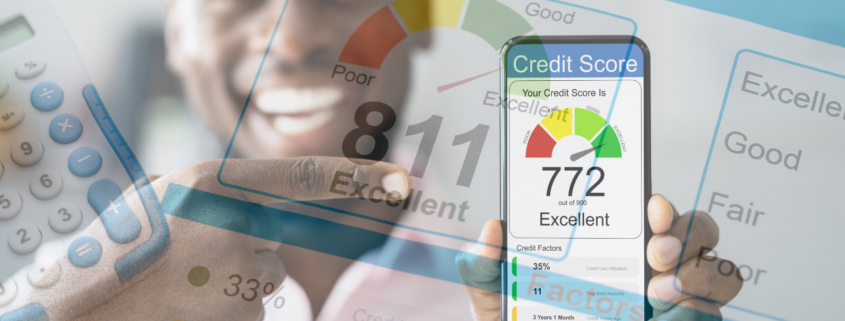Understanding Your Credit Score
Credit scores underlie most major financial decisions including buying a home, a car, and even switching jobs – in some industries, a poor credit score can limit your employment. At Padgett & Robertson, we work with individuals and families in Mobile and the surrounding areas to repair their credit scores, contest wrongful credit reporting, and reign in aggressive debt collectors. We are acutely aware of the impact that aggressive debt collectors have. These overbearing tactics often push individuals and households into bankruptcy due to influencing them to make worse financial decisions, and in many cases, in order to end the harassment. We have seen first-hand the damage that these debt collectors cause and will not stand for it. We can help you repair your credit score and put an end to the harassment you or your family receive from aggressive debt collectors. Please contact us today to schedule a free consultation.
What is a credit score?
Credit scores are quantitative valuations of one’s credit quality based on a number of factors. The most common credit score is the FICO score, which ranges from 300 to 850. The main credit bureaus (Experian, TransUnion, and Equifax) provide FICO scores based on their collected data. Each credit bureau’s data is slightly different, resulting in differing credit scores across the three credit bureaus.
How is my credit score calculated?
Credit scores are calculated based on various factors including your payment history and amount of outstanding credit. The three primary considerations used in calculation a FICO score are:
- Age of Credit – your age of credit is a measurement of how long your accounts have been open. The longer your accounts have been open, the more positive the impact of age of credit on your credit score.
- Level of Indebtedness – this is commonly referred to as utilization. Your level of indebtedness measures how much debt you have outstanding compared to how much credit is available. If you have a credit card limit of $5,000 and have a balance of $1,000, then your utilization rate would be 20% ($1,000/$5,000). The lower your level of indebtedness (or utilization), the more positive the impact on your credit score.
- Payment History – this tracks your consistency in making payments. If you’ve made all of your payments on time, then you’ll have a good payment history metric. Missed payments negatively impact your credit score, although the impact itself is dependent on how long ago the late/missed payments were and how late they were. The fewer late payments you have, the more positive the impact of payment history on your credit score.
Mobile and Baldwin County Credit Card Debt and Bankruptcy Lawyers
At Padgett & Robertson, we help families in the Mobile area navigate through financial distress. In these unprecedented times, we are working harder than ever to protect families from the negative impacts of debt burdens. If you or your family have questions relating to your debts or debt collection, please contact us today to schedule a free consultation.





Leave a Reply
Want to join the discussion?Feel free to contribute!